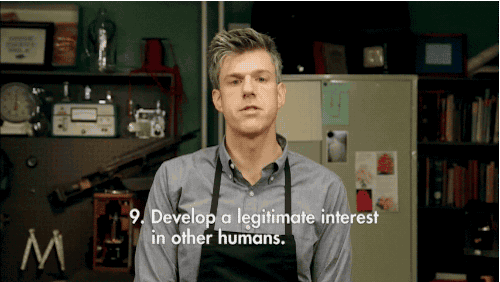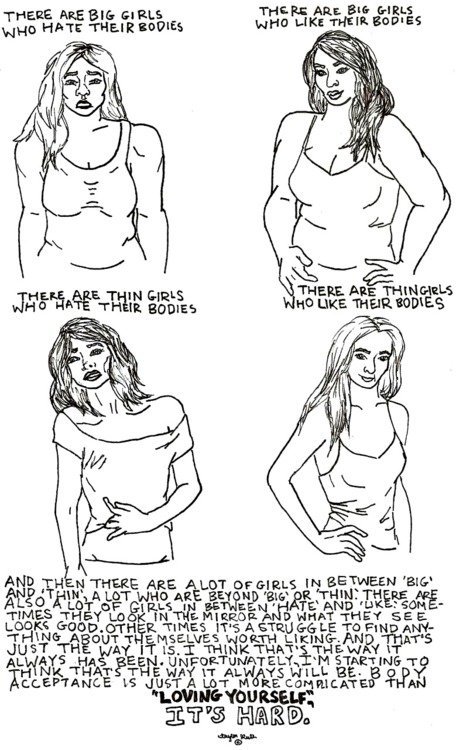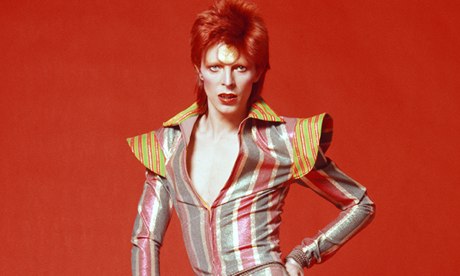So this afternoon I read Michelle Goldberg's
What Is A Woman: the dispute between radical feminism and transgenderism.
.jpg) |
| Not pictured: all of the fucks I tried not to give but ended up surrendering anyway |
It absolutely reminded me of reading
Ariel Levy's Female Chauvinist Pigs two years ago.
Both styles of writing employ the self same "subtle" tactics that make their biases seem more legitimate/natural without actually stating those biases. As a fan of bias-disclosure this bugs me.
For instance, Goldberg gives specific visual and physical detail to the majority of the radical feminists she quotes or shortly profiles. The trans advocates who's voices she leans on are afforded little of these humanizing characteristics. The only trans people who get detailed descriptions are either throwing their support behind radical feminist or have decided to de-transition.
This schism in representation is particularly clear when she profiles the rightfully identified "Abusive posts [proliferated] on Twitter and Tumblr" made by allegedly trans activists. None of those "trans activists" are humanized with physical description. Goldberg mentions a photographic threat but chooses to focus on the knife in the photo rather than the person holding it.
In the very next sentences we're given a friendly amount of context about Lierre Keith. She has a name, an outfit, a well described hairdo, and we get to know what she does for a living. Only after all of that personal information does Goldberg obfuscatingly say that the activist group Keith is a part of: "D.G.R. is defiantly militant, refusing to condemn the use of violence in the service of its goals."
Consider the visceral difference a you as a reader feel when reading an actual threat in contrast to the feeling you get form reading the distanced language with which Goldberg describes the unspecified "violence" condoned by D.G.R. For me this exposes a bias in the writer's own notions. It shows me who she is willing to grant leeway and give the benefit of her doubt. It shows me that she considers some violence to be worse than others. Now I don't know if this bias in her language is done intentionally or not (though with Levy I assumed it was unintentional).
But in the craft of fiction this is how you set your readers up for a polarization. It's how you create Good Guys and Bad Guys. The Good Guys get detailed and compassionate descriptions and yes, sometimes do vague sorts of violence to the Bad Guys for the "greater good". The Bad Guys are usually only shown in the graphic throes of committing violence with no additional context.
In this article acts of violence are associated with both radical feminists and with trans activists. However the polarizing presentation of that information drastically changes the way the reader will receive and process that information. This article is not designed to humanize trans people or trans activists. And it's more than just the polarizing way she (refuses to) characterize/s trans activists. In the third paragraph of her article she makes the misstep that dooms any possibility of trans people and their experiences being validated by her writing.
She states: "Trans women say that they are women because they feel female--that, as some put it, they have women's brains in men's bodies."
Not only is this an excruciatingly basic reduction of the experience most trans people have, it's erases trans women before the piece has really begun. This erasure may not seem entirely evident to non-language nerds.
Let me show you what I mean:
Trans women don't "feel like women". They ARE women. Reducing someone else's explicitly stated experience as what they "feel like" shows a huge distrust of that person's reality.
Think about it this way:
Say you had a headache or a medical condition, and you said to a friend who you were supposed to meet for lunch that you couldn't make it because of the uncomfortable reality of your health was preventing you from attending. And then imagine this friend, instead of trusting that the pain you felt is real simply said "I guess if that is how you feel." and hung up.
Instead of just nodding and accepting it as true when a trans person tells her, Goldberg responds condescendingly with "well if that's the way you feel". It's rude. It shows that Goldberg does not trust even the explicitly stated experiences of trans people.
Yes it acknowledges those experiences. But it degrades them categorically. It marks those experiences as impossible to exist as a shared reality. Because if it's a feeling someone else has, then you don't have to accept it or feel it too I guess.
This distrust and assumed falseness is echoed in Goldberg's use of the world "transgenderism" throughout the entire piece. As if the identities of entire swathes of people under the trans* umbrella were just some -ism. Ism, which google delightfully defines as "a distinctive practice, system, or philosophy, typically a political ideology or an artistic movement." In other words a lifestyle.
Being transgender is not a fucking "lifestyle". Correct me if I am wrong, but wasn't it common 20 years ago to hear homophobic people talk disparagingly about lesbianISM and the "gay
lifestyle" (okay okay I know people still do this but I live in a queer Mecca). To me reducing transgender folks and there experiences to the realm of an -ism is really just an echo of the rhetoric that straight people use(d) to ostracized and delegitimize gay and lesbian people.
Much as I would love to I won't go into refuting the many and mostly flawed or anecdotal points Goldberg tries to pass off as evidence that TERFs are in fact being persecuted by trans people.
Others have done so already. And I believe my views on the exclusion of trans women from radical feminist spaces has been
clearly stated (summary: it's complicatedly wrong).
This post was an examination of how Goldberg's biases seeped (or perhaps were intentionally leaked) into the craft and style elements of this article.





.jpg)
.jpg)
.jpg)
.jpg)
.jpg)
.jpg)










.jpg)
.jpg)

